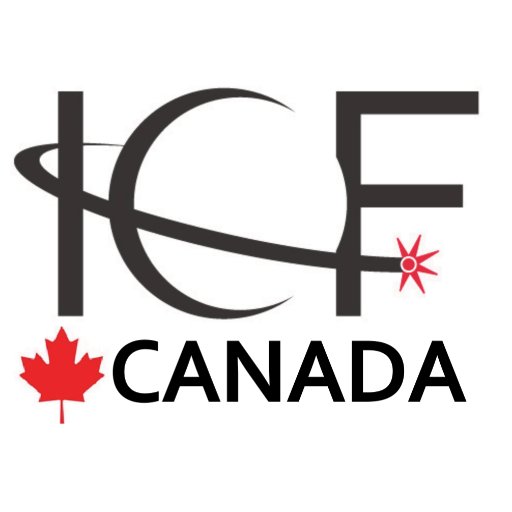 The largest French-speaking city in North America, the Montreal Metro Area is home to more than a tenth of Canada’s population. The region was hit by the decline of heavy industry in the Eighties, and launched a large-scale transition of its economy to ICT, aerospace, life sciences, health technologies and clean tech. Together, these clusters contain more than 6,250 companies employing about 10% of the workforce.
The largest French-speaking city in North America, the Montreal Metro Area is home to more than a tenth of Canada’s population. The region was hit by the decline of heavy industry in the Eighties, and launched a large-scale transition of its economy to ICT, aerospace, life sciences, health technologies and clean tech. Together, these clusters contain more than 6,250 companies employing about 10% of the workforce.
Becoming Smarter
A Smart City plan introduced in 2014 is the most recent contributor to this transition. It focuses on further build-out of the city’s wired and wireless broadband infrastructure, as well as deploying technology to make city services and systems more efficient and creating a collaborative ecosystem involving business, institutions and citizens.
The city owns its own electric utility, which has contributed to an 81% Internet penetration rate, with most connections at high speed. Current plans call for build-out of free WiFi across the 17 square kilometers of the central city. An open “citizen laboratory” already invites participation in incubating social technologies. An aggressive train-the-trainer program operates from 85 centers to equip community leaders with digital skills, which also help the significant portion of the population who struggle with basic literacy, a legacy of the city’s industrial past.
Knowledge is Power
The metro area’s universities graduate more students from higher education than any other Canadian city. Over 415,000 students earned an undergraduate or graduate degree there from 1998 through 2008. Montreal institutions also received more than 160,000 registrations for e-learning in the 2011-12 school year, while a specialized program is training hundreds of teachers in the use of digital technologies. This educational foundation feeds into the region’s fast-growing knowledge economy, which is a major focus of policy. Montreal operates six Learning Labs specializing in areas from transportation to healthcare and urban planning, and has deployed an online collaboration system to engage its ICT cluster (some 5,000 companies) in more open innovation. Accelerator programs and co-working spaces foster an expanding start-up culture, with the arts and media playing a significant role; Cirque de Soleil is a Montreal company.
The history of technology development in Montreal Metro has created a fragmented sector consisting of many small companies. The city’s economic future depends on helping those small-scale innovators to collaborate in building a bigger future, while preserving the culture and beauty that attract 3.5 million visitors to the area each year
Population: 1,650,000
Website: ville.montreal.qc.ca
Intelligent Community of the Year 2016
Smart21 2014 | 2016
Top7 2016
